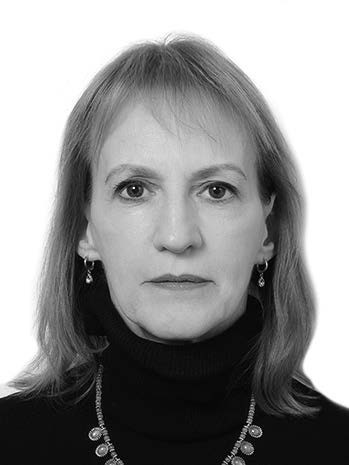The effectiveness of using a set of static exercises in the process of training figure skaters specializing in singles and pairs skating at the educational and training stage and the stage of improving sportsmanship
Keywords:
figure skating, single skating, pair skating, educational and training stage, static exercisesAbstract
Objective of the study is to develop and experimentally test the effectiveness of using a set of static exercises in order to increase the level of physical fitness of figure skaters at the educational and training stage and the stage of improving sportsmanship
in single and pair skating using static exercises.
Methods and structure of the study. The pedagogical experiment was carried out from September 2022 to May 2023 on the basis of the State Budgetary Institution «Moscow Academy of Figure Skating» at the Medvedkovo Ice Palace. 44 skaters took part in it. Representatives of single and pair skating, the educational and training stage and the stage of improving the sportsmanship of training. Boys and girls, girls and boys aged 11-13 years old with sports qualifications - I sports category and candidate master of sports.
Results and conclusions. As a result of sports and pedagogical testing, an assessment of the initial level of development of physical abilities was carried out according to the norms of the current Federal Standards of 2022 [4]. Using the method of expert assessments, the level of technical preparedness of single and pair skating skaters was determined according to the criteria of the ISU international judging system. The research results made it possible to determine the level of technical
preparedness of figure skaters before the start of the experiment, to evaluate the effectiveness of using the developed experimental complex, and also to obtain the final data after the pedagogical experiment.
In the current Olympic cycle 2022-2026, the process of gradually increasing the age limit for admission of athletes to participate
in the adult category of competitions of the International Skating Union (ISU) continues based on the decision of the 58th ISU Congress, which is reflected in the latest edition of the Federation Figure Skating Rules Russian figure skating. Changing the age range of athletes in single and pair skating upward, from 17 years in the pre-Olympic season and the 2026 Olympic season. The adopted changes require updating the process of searching and testing the effectiveness of the use of technical, general and special physical training in order to optimize the training system for figure skaters in order to adapt to the new requirements of international regulations [3].
References
Zatsiorskiy V.M. Fizicheskiye kachestva sportsmena: osnovy teorii i metodiki vospitaniya. 4-ye izd. M.: Sport publ., 2019. 200 p.
Kommyunike ISU № 2469 Decisions of the ISU Council - War in Ukraine/Protective Measures. [Electronic resource]. Available at: https://www.isu.org/inside-isu/isu-communications/communications/28254-2469-decisions-of-council-meeting-april-24-2022/file (date of access: 20.04.2023).
Kommyunike ISU № 2494 Some changes in General, Special Regulations and Technical Rules accepted by the 58 th ISU Congress 2022. [Electronic resource]. Available at: https://www.isu.org/inside-isu/isu-communications/communications/28951-isu-communication-
/file (date of access: 10.10.2022).
Federalnyi standart sportivnoi podgotovki po vidu sporta «figurnoye kataniye na konkakh» ot 30.11.2022 g. № 1092. [Electronic resource]. 2023. Available at: http://fsrussia.ru/fields/docs/fssp_fs_301122.pdf (date of access: 21.04.2023).

Additional Files
Published
Versions
- 07-06-2024 (2)
- 07-06-2024 (1)

